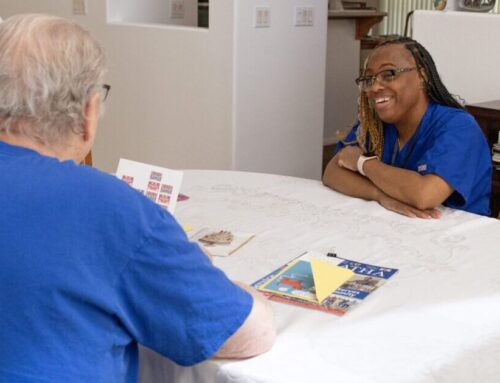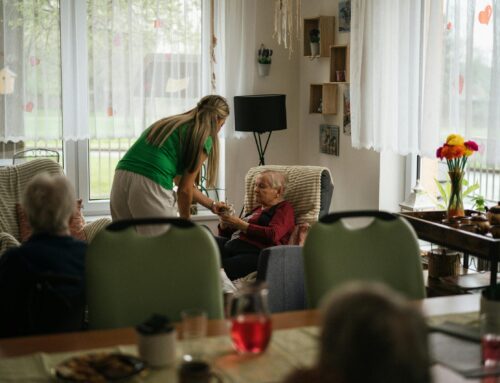Choosing a hospice can be an emotional and stressful process, but knowing what to look for can help make this difficult decision a little easier. You obviously want your loved one to be well cared for, but not every hospice is a good one. Here are some things to keep in mind when searching for a hospice.
What is Hospice?
Hospice is a service that provides compassionate medical care at the end of life. Its goal is to maintain or improve the quality of life by addressing the physical, social, emotional, and spiritual needs of people in the terminal phase of an illness who no longer seek life-prolonging treatment. Hospice care also supports caregivers and family during illness and provides grief support after death.
Finding a Hospice
No two hospices are alike. Some provide a full range of end-of-life services, such as palliative sedation and medical aid in dying, while others do not. Learn about the different hospices in your area by asking friends and family who have experience for advice. Your (or your loved ones) referring physician may also have a preferred hospice; ask them for more details. Some insurance companies only pay for a particular hospice, so ask your insurance provider for a list of covered hospices.
Questions to Ask a Hospice
Once you’ve found a hospice you’re interested in, call and ask to speak to an intake person. Make sure to have a pen and paper to take notes, explain your current medical situation, tell them where you live, and ask questions from the list below.
Is the hospice accredited?
While personal experiences and referrals are valuable, a hospice with accreditation is #1! Accreditation ensures that a hospice program meets the highest standards and provides safe, effective care to its patients. The Joint Commission (JCAHO) and Community Health Accreditation Program (CHAP) usually accredit hospice care programs.
Does the staff have proper credentials?
The doctors, nurses, social workers, aides, and other professionals caring for you or your loved one in hospice must have appropriate credentials and expertise to ensure that patients and their loved ones receive high-quality care. Don’t be afraid to ask if the staff is certified in hospice care!
How fast is the crisis response?
Knowing you have support at any time, day or night, is crucial! What is the hospice’s average response time if the family needs someone to visit the home at 1 AM? Ask what their staffing and availability are like for questions and crisis response in person and over the phone. Additionally, does after-hour crisis response include additional services such as a chaplain or social worker?
What kind of grief services do they offer?
Grief support can include individual counseling, support groups, educational materials, and letters to the grieving person(s). It isn’t just after death; it can be very beneficial for the patient and loved ones during end-of-life.
How are patient/family concerns handled?
Communication is critical in hospice care. Is there a clear line of communication for sharing concerns with proper hospice staff? Will these issues be addressed appropriately? The hospice program should have an open line of communication with patients and families to ensure their needs and concerns are addressed.
What is the cost of care?
Cost is one of the top concerns for most people when searching for a hospice. Hospice care providers should be transparent about the cost of care and work with patients and families to ensure they understand what’s covered by insurance and any out-of-pocket expenses.
Additional Questions
- What is my physician’s role once hospice care begins, and can I still see them if I want to?
- How does hospice provide services for people in different living situations, such as nursing homes?
- Is palliative or total sedation available if usual pain medication isn’t sufficient?
- What’s the process of requesting additional pain medication?
- Does the hospice have a policy on medical aid in dying?
- What additional services and care do you provide for end-of-life?
- How are calls and visits handled when death occurs?
- Is respite care readily available?
Las Vegas Hospice Support & Respite Care
At Essential Care, we understand the unique challenges and needs that arise during end-of-life care. Our staff and caregivers are dedicated to providing compassionate hospice support and respite care in Las Vegas, ensuring comfort, dignity, and peace for individuals and their families. We are more than happy to answer any of the above questions and more to ensure high-quality care and comfort for your loved one. Call us today!









